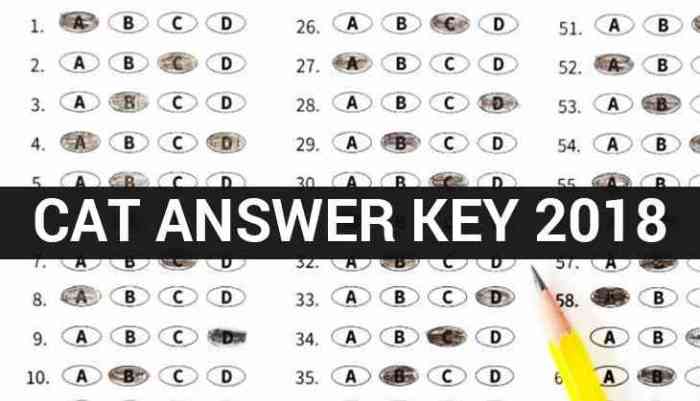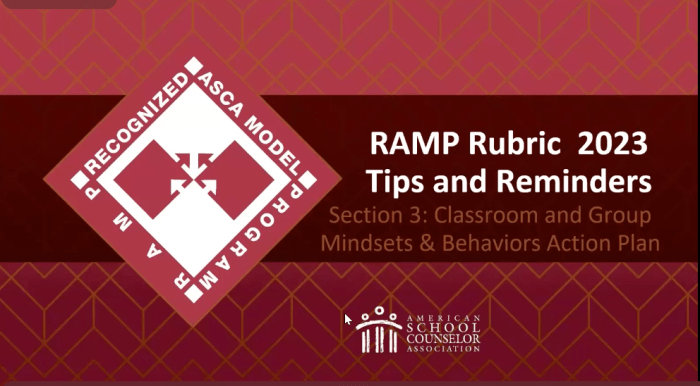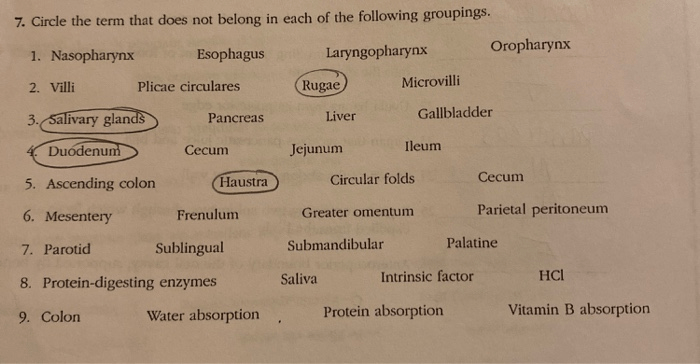Academic excellence cat test answers: Unveiling the secrets to achieving academic excellence, this comprehensive guide delves into the world of Cognitive Abilities Tests (CATs), empowering students with the knowledge and strategies to excel in these assessments and unlock their full academic potential.
Delving into the intricacies of CATs, this guide provides a roadmap for understanding the test’s purpose, format, and types, equipping students with a solid foundation for success.
1. Introduction: Academic Excellence Cat Test Answers

Academic excellence is a fundamental pillar of education, representing the pinnacle of academic achievement and cognitive development. Standardized tests, such as Cognitive Abilities Tests (CATs), play a pivotal role in assessing students’ academic prowess and facilitating their educational journey.
2. Overview of CAT Tests
CATs are standardized assessments designed to measure cognitive abilities, including reasoning, problem-solving, and verbal comprehension. These tests are typically administered to students at various educational levels to evaluate their cognitive strengths and weaknesses, providing valuable insights for academic planning and intervention.
CATs come in different types, each tailored to specific age groups and educational levels. Common types include the Wechsler Intelligence Scale for Children (WISC), the Stanford-Binet Intelligence Scale (SBIS), and the Cognitive Abilities Test (CogAT).
3. Factors Influencing CAT Test Performance
A multitude of factors can influence CAT test performance. Cognitive abilities, such as reasoning, problem-solving, and verbal comprehension, are central to CAT test success. Additionally, environmental factors, such as socioeconomic status and access to educational resources, can also impact test scores.
4. Strategies for Improving CAT Test Scores
To enhance CAT test performance, students can employ effective study techniques and test-taking tips. Active engagement with study materials, practicing timed tests, and seeking support from teachers or tutors can significantly improve test scores.
Educational experts recommend a multifaceted approach to CAT test preparation, encompassing cognitive skill development, environmental enrichment, and strategic test-taking strategies.
5. Ethical Considerations, Academic excellence cat test answers
The use of CAT tests raises ethical concerns related to fairness, bias, and the potential misuse of test results. It is essential to ensure that CATs are administered in a fair and unbiased manner, and that test results are interpreted and used responsibly.
Strategies for ensuring ethical practices in CAT testing include standardized administration procedures, bias reduction measures, and the responsible interpretation of test scores in conjunction with other relevant information.
6. Applications of CAT Test Results
CAT test results are widely used in various educational and professional settings. These results play a role in educational placement, scholarship awards, and career advancement.
For instance, CAT scores can help identify students with exceptional cognitive abilities, enabling them to access advanced educational programs and opportunities. Additionally, CAT results can inform decisions related to career counseling and job placement, providing insights into an individual’s cognitive strengths and potential career paths.
Q&A
What is the significance of CAT tests in academic achievement?
CAT tests provide valuable insights into students’ cognitive abilities, such as reasoning, problem-solving, and verbal comprehension, which are crucial for academic success.
How can I improve my CAT test scores?
Effective study techniques, such as spaced repetition and active recall, combined with practice tests and seeking feedback from educators, can significantly enhance CAT test performance.
What ethical considerations should be taken into account when using CAT tests?
Ensuring fairness, minimizing bias, and using test results responsibly are essential ethical considerations to uphold the integrity and validity of CAT testing.




